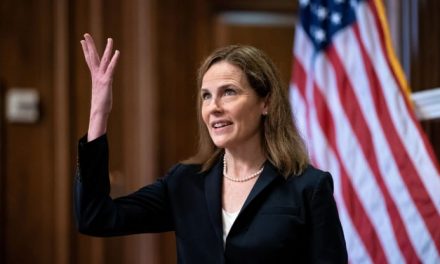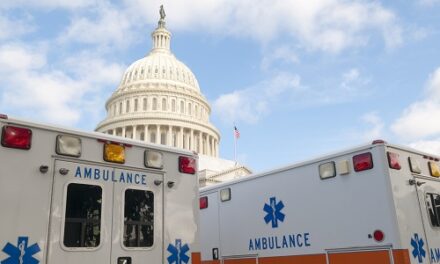Despite statements from many congresscritters saying that it is necessary to extend the extension period for Medicare D(isaster), gwb and the republicans are refusing to do so. One of the most recent is from Sens. Frank Lautenberg and Robert Menendez as many are confused about the Medicare D(isaster) and the number of different prescription plans offerred. In New Jersey, there are 45 different plans.
In North Carolina, Congressman Etheridge calls for an extension to sign up for the “benefits”. He calls the program “intentionally confusing, so no one will sign up”, and asks that instead of May 15 as the deadline, December 31 be the final date to enroll. More info re: North Carolina available here. (Thanks, meagert!)
more re: an extension below
Congressman Elijah E. Cummings of Maryland favors an extension of the enrollment period.
“Once again, this President refuses to listen to the concerns of the 42 million Americans who are Medicare beneficiaries and who need help navigating through the flawed program…
…this President refuses to listen to the concerns of the 42 million Americans who are Medicare beneficiaries”…”
Assuring that our most vulnerable Americans have convenient access to a high-quality, affordable prescription drug plan should be our number one priority. This President and the Republican majority seem more concerned about benefiting special interests.
“The Medicare Part D program was not set up to provide a meaningful benefit to seniors. It was set up first to benefit the pharmaceutical industry and then to benefit the insurance industry.”
However, none of the concerns of those who are forced to participate in Medicare D(isaster) get gwb’s attention. Instead, he is still making sales pitches that are designed to persuade his audience of the benefits of Medicare D(isaster) Claire McCaskill, who is challenging a Medicare D(isaster) supporter, Sen. Jim Talent.
McCaskill understands the confusion about Medicare D(isaster).
“I think it probably needs to be changed to Medicare Part F. I think the `D’ is too generous of a grade.”
Despite these concerns, legislative attempts to extend the enrollment period have failed. However, an amendment offered by Charles Grassley would give Michael Leavitt the authority to change the enrollment deadline, should he choose to exercise it.
But will he? Given his previous actions re: Medicare D(isaster), that is questionable, as his father made his money in the insurance business, and his lack of awareness re: the intricacies of the program.
Also, there is the mindset of this administration to consider.
To the government Medicare D is like a war.
They see there is going to be a number of acceptable losses. They don’t have to see torn and mangled bodies the news might show, because the news isn’t showing someone without their medicine who is dying slowly.
They accept the fact there will be collateral damage. Some people will do without for a while, but…
The measure of the drug benefit’s success is not whether the program is perfect on its first day but whether we solve the problems quickly. We are doing so, and the system is improving every day.
It appears to me to be the same rhetoric on Iraq. All is well, just stick with us and we’ll all pull through. It ain’t happening in Iraq and it ain’t happening with Medicare D. I wonder how much collateral damage is done to people who have to wait 30 – 60 – 90 days to get much needed medicine.
The machine is being greased.
Also, an amendment to allow Medicare D(isaster) beneficiaries to change plans once a year w/o penalty and extend the enrollment deadline to December 31 was defeated when Sen. Kay Bailey Hutchison (R-Texas) — changed her vote to “no”. This resulted in a tie.
BTW, in 2002, it shows that Hutchinson received $914,887 from the Finance/Insur/RealEst and $232,704 from the Health sectors. After Medicare D(isaster) was passed, she recevied
$999,517 from the Finance/Insur/RealEst and $217,054 from the Health sectors. And now, that Medicare D(isaster) has taken effect, it shows tnat Hutchinson has recieved $814,353 from the Finance/Insur/RealEst and $138,250 from the health sectors.







